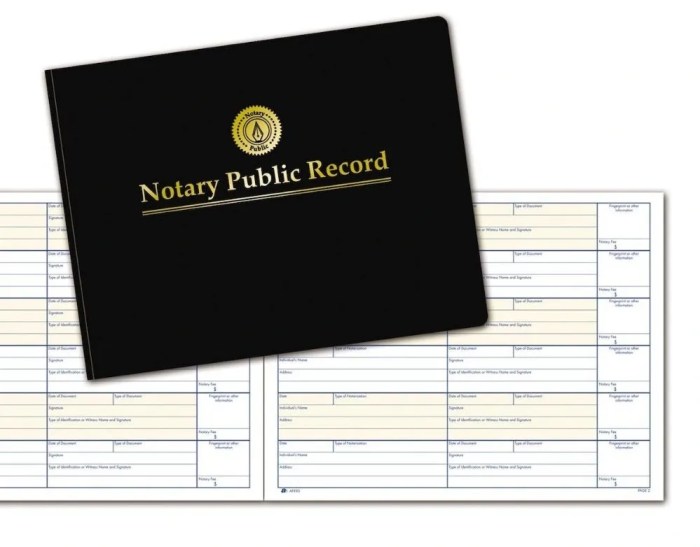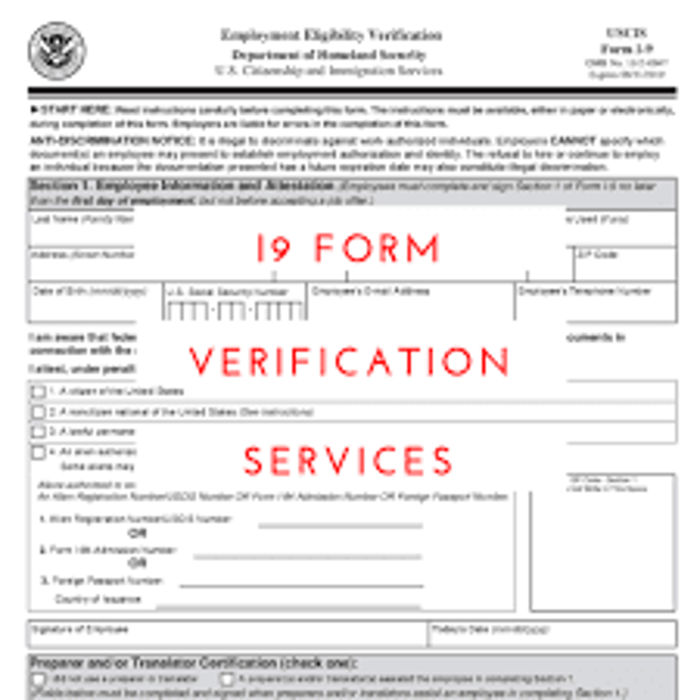The lender’s representative calls the notary – The lender’s representative’s phone call to the notary is a crucial step in the loan closing process. This communication serves as a vital bridge between the lender and the notary, ensuring that all necessary information is exchanged and the closing proceeds smoothly.
In this comprehensive guide, we will delve into the purpose, reasons, and significance of this phone call, providing practical tips and insights to facilitate effective communication.
The Lender’s Representative’s Phone Call to the Notary

The lender’s representative typically calls the notary to verify the identity of the signers and to ensure that the documents are properly executed. The lender’s representative may also ask the notary questions about the signing process or the documents themselves.
Reasons Why the Lender’s Representative Might Call the Notary
- To verify the identity of the signers
- To ensure that the documents are properly executed
- To ask the notary questions about the signing process
- To ask the notary questions about the documents themselves
Examples of the Types of Questions the Lender’s Representative Might Ask the Notary
- Can you please verify the identity of the signers?
- Did the signers appear to be of sound mind and body?
- Did the signers sign the documents willingly and without coercion?
- Are the documents properly executed?
- Do you have any questions about the signing process or the documents themselves?
The Notary’s Response to the Lender’s Representative’s Phone Call
The notary should respond to the lender’s representative’s phone call promptly and professionally. The notary should be prepared to answer the lender’s representative’s questions accurately and completely.
Steps the Notary Should Take When Responding to the Lender’s Representative’s Phone Call
- Answer the phone promptly and professionally.
- Identify yourself as the notary.
- Listen to the lender’s representative’s questions carefully.
- Answer the lender’s representative’s questions accurately and completely.
- If you do not know the answer to a question, tell the lender’s representative that you will research the answer and call them back.
- Thank the lender’s representative for their time.
Examples of How the Notary Should Answer the Lender’s Representative’s Questions, The lender’s representative calls the notary
- Yes, I can verify the identity of the signers.
- Yes, the signers appeared to be of sound mind and body.
- Yes, the signers signed the documents willingly and without coercion.
- Yes, the documents are properly executed.
- No, I do not have any questions about the signing process or the documents themselves.
The Importance of Communication Between the Lender’s Representative and the Notary: The Lender’s Representative Calls The Notary

Clear communication between the lender’s representative and the notary is essential to ensure a smooth closing process. The lender’s representative and the notary should be able to communicate effectively to ensure that all of the documents are properly executed and that the closing process is completed on time.
Benefits of Open and Honest Communication Between the Two Parties
- Ensures that all of the documents are properly executed
- Helps to avoid delays in the closing process
- Builds trust and rapport between the two parties
Examples of How Effective Communication Can Help to Ensure a Smooth Closing Process
- The lender’s representative and the notary can discuss the signing process in advance to ensure that all of the necessary documents are available.
- The lender’s representative and the notary can communicate during the signing process to ensure that all of the documents are signed correctly.
- The lender’s representative and the notary can follow up after the signing process to ensure that all of the documents have been properly recorded.
Tips for Effective Communication Between the Lender’s Representative and the Notary

- Be clear and concise in your communication.
- Be respectful of the other person’s time.
- Be responsive to the other person’s inquiries.
- Be willing to compromise.
- Build a strong relationship with the other person.
Examples of How to Use These Tips to Improve Communication
- When you are communicating with the other person, be sure to speak clearly and slowly. Avoid using jargon or technical terms that the other person may not understand.
- When you are communicating with the other person, be sure to be respectful of their time. Do not interrupt the other person when they are speaking, and do not take up more time than necessary.
- When you are communicating with the other person, be sure to be responsive to their inquiries. Answer the other person’s questions promptly and completely.
- When you are communicating with the other person, be sure to be willing to compromise. Do not be afraid to negotiate with the other person to reach a mutually agreeable solution.
- When you are communicating with the other person, be sure to build a strong relationship with them. Get to know the other person on a personal level, and be willing to help them out whenever possible.
FAQ Insights
What is the purpose of the lender’s representative’s phone call to the notary?
The purpose of the lender’s representative’s phone call to the notary is to verify the identity of the borrower, confirm the loan details, and provide instructions for the closing.
What are some reasons why the lender’s representative might call the notary?
The lender’s representative might call the notary to verify the borrower’s identity, confirm the loan details, provide instructions for the closing, or request additional documentation.
What are some examples of the types of questions the lender’s representative might ask the notary?
The lender’s representative might ask the notary to verify the borrower’s identity, confirm the loan details, provide instructions for the closing, or request additional documentation.